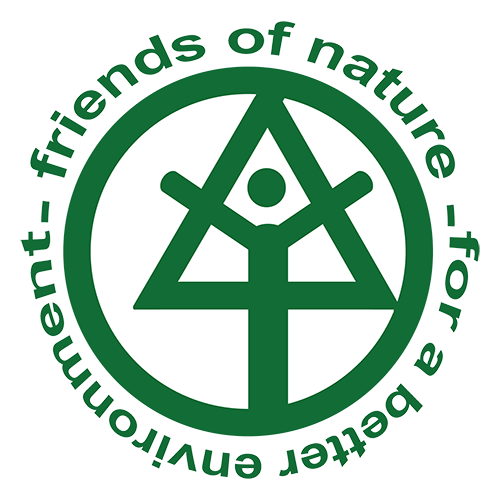Friends of Nature is highly skilled in the development of training modules that are most commonly used for capacity building of beneficiaries in addition to other objectives. Throughout its history of activities, FON has created a broad range of modules that treat a diversity of ecological and environmental conceptions and applications.
The objectives of the training modules are to support exposure, assimilation and adoption of the new information in an easy smooth process, and to induce the curbing of respective behaviors and attitudes while inspiring motivation and commitment to pursue the change and new options. For that, FON provides fundamental attention to the target group in the building of modules. It is always essential to discern, evaluate or estimate the level of background knowledge of the target group on the training theme in order to be able to design properly outreaching training modules. Training modules are employed to upgrade and augment the knowledge and skills of beneficiaries to reach the aspired level and scope of skills; they are also used to correct misconceptions and misleading information that we know from our history are usually high and rooted in the common behavior of the target groups.
The tools utilized in the building of the training modules are widely diverse and are selected based on the topic and the target group. FON usually diversify the tools in a training module in the aim to captivate attention from all possible aspects allowing for all participants to find their liking and relate to the training.
Of the training modules that FON designed are:
- One day training modules for children on biodiversity
- One day training modules for children on recycling/up-cycling and waste management
- One day training modules for farmers on Agroforestry
- One day training modules for academics on Agroforestry
- 2-days training modules for reserves and communities on biodiversity
- One day training modules for teachers on bird conservation
- 4-days training modules for future eco-guides on nature conservation
- and many more
